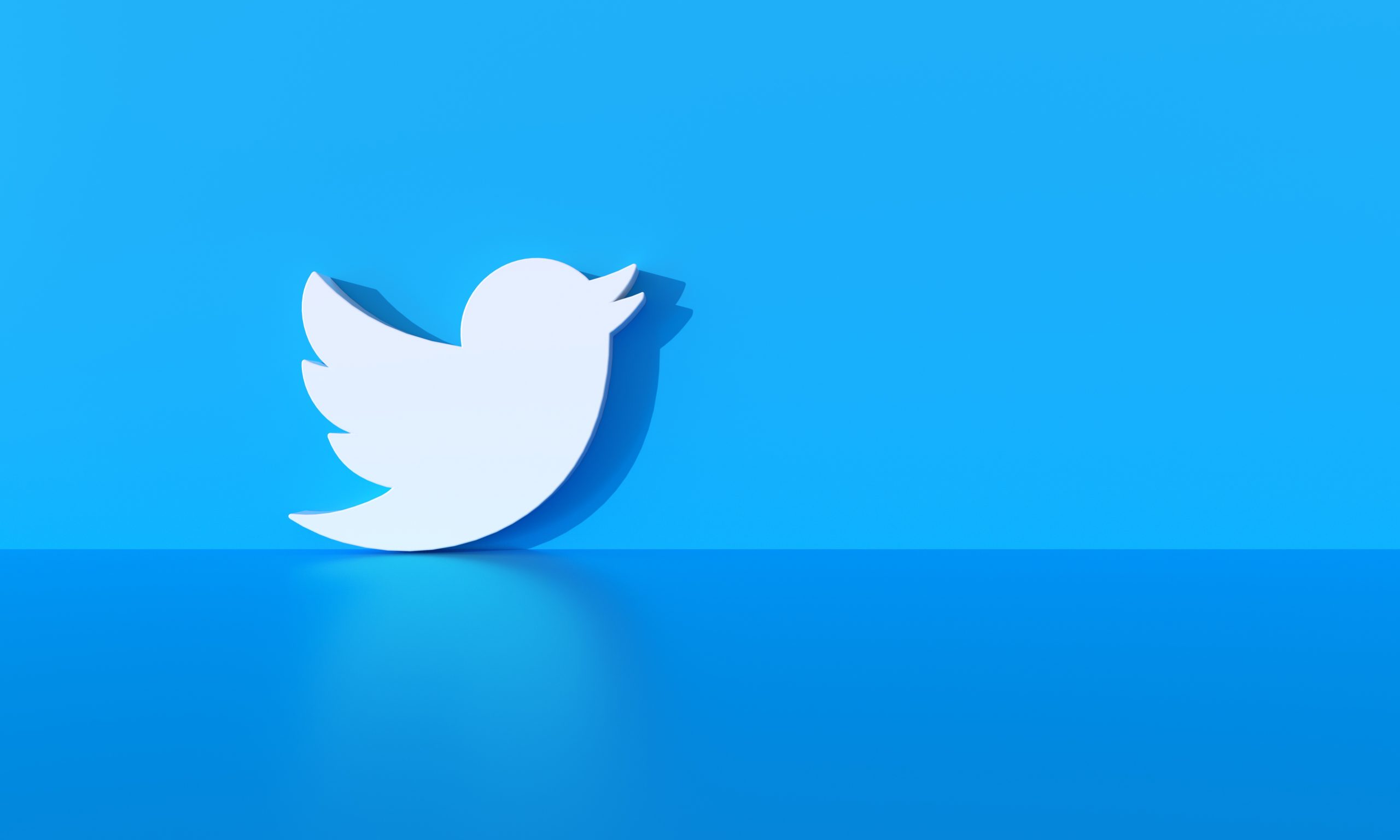It seems hardly a day goes by when Twitter is not in the news. Since the takeover by Elon Musk in October of 2022, reports of breakdowns, bankruptcy, and bad management have been plaguing the platform. Also of concern has been the increase in reports of hate-speech and the withdrawal of advertisers.
However, despite its current troubles, Twitter remains an indispensable source for the scientific and academic communities.
Read on to see why you shouldn’t rush to delete your account just yet.
Twitter’s rise to dominance in the scientific field may seem surprising: Limited room in which to explain theories, no peer review, and appealing to a broad and unspecialized audience wouldn’t, at first glance, seem to appeal or be beneficial to the sciences.
But these exact features have helped democratize the scientific community by removing a level of gatekeeping and connecting researchers across geography, speciality, and seniority. It has allowed for greater collaboration between colleagues, faster feedback on data collection and study design, and the creation of networks of expert and marginalized voices.
The numbers show that researchers have now come to rely on the open playing field: A 2014 Nature survey found that 13% of researchers used Twitter regularly and according to a 2020 study that analysed 12 million papers from 2012–18, typically, about one-third of all the scientific literature gets tweeted.
With all this in mind, let’s look at how continuing to use Twitter can benefit authors, societies and journals.
BENEFITS OF TWITTER

Public attention
Twitter has also proven indispensable in bringing research directly to the public, which in turn has brough attention and policy reform to topics that might not have gained traction through more tradition media outlets.
Collaboration and Reach
By tweeting upcoming or published articles, data sets, or interesting findings to the online community, you have the potential to reach a larger pool of researchers across multiple fields of study.
Feedback
Feedback can be solicited during any stage of research: study design, data collection or even advanced reading can be done via Twitter. Done in this manner, feedback can be quick and may lead to some interesting results.
Voice of Scientific Authority
By using Twitter, you ensure voices remain that can combat scientific misinformation. Posting stats, research and facts help to expert voices are at the forefront of scientific discussions.
USING TWITTER
How can your journal or society take advantage of the platform? Here are a few tricks to help make the most of your limited characters.
Post regularly
The algorithms favour regular and consistent posting. In this instance, more is better.
Plan in advance
Take advantage of a social media scheduling app or use a calendar to plan out your posts in advance.
Keep Safe
Have a social media policy in place to deal with spam or harmful interactions. This could be in the form of personal attacks or misinformation. Be liberal with the mute and block features.
Engage
Like, retweet, comment and thank those who interact with your content. Building a rapport with your followers will help them engage more with your content. Having real-time conversations about conference topics,
Build a network
Follow societies, researchers, contributors, and other players in your field. Like and share their content if it is applicable.
Hashtags
By incorporating broad and varied, but relevant, hashtags, you can reach an audience beyond your immediate field of research.
BEYOND TWITTER
 So, while we don’t recommend you say #GoodbyeTwitter quite yet, we do recommend diversifying your online footprint.
So, while we don’t recommend you say #GoodbyeTwitter quite yet, we do recommend diversifying your online footprint.
Many scientists have found a home with Instagram. Others take advantage of the more specialized groups found on Facebook and Reddit. Hive, Mastadon and CounterSocial are the front runners in the bid to replace Twitter, but have yet to gain the critical mass of users required to reap the same rewards as the current leader.
All these platforms are viable alternatives, but we note that they each require a specialized approach, and they all currently lack the same centralized mass of expert voices that Twitter still retains.
Losing Twitter would be a blow to the scientific community, but now that the benefits of open communication are known, it seems impossible that the research community would not find an alternative, and we look forward to discovering the future of scientific connection!
Interested in starting or increasing your social media footprint, but are unsure of where to start? We can help! Contact us today to get started.



